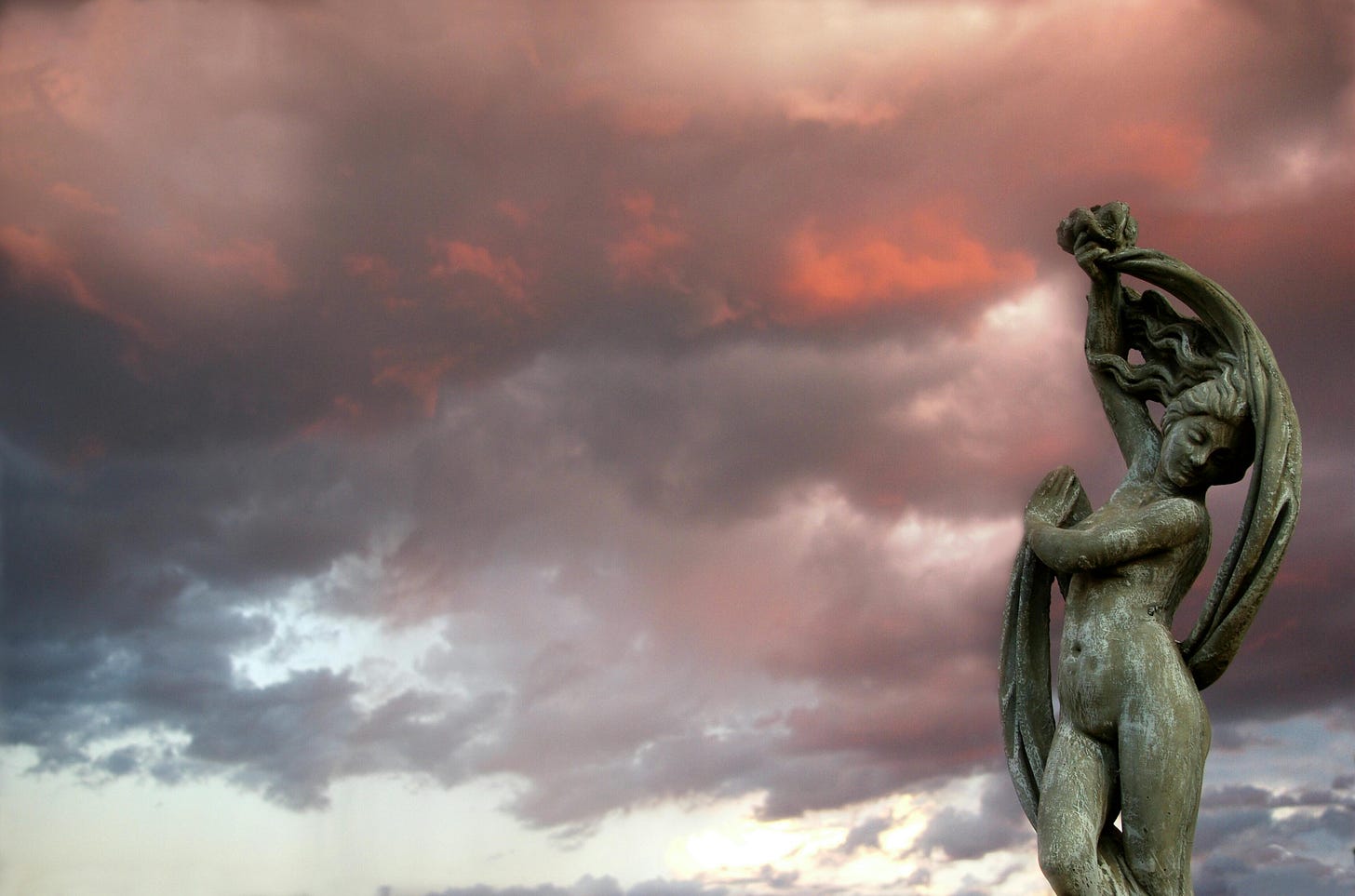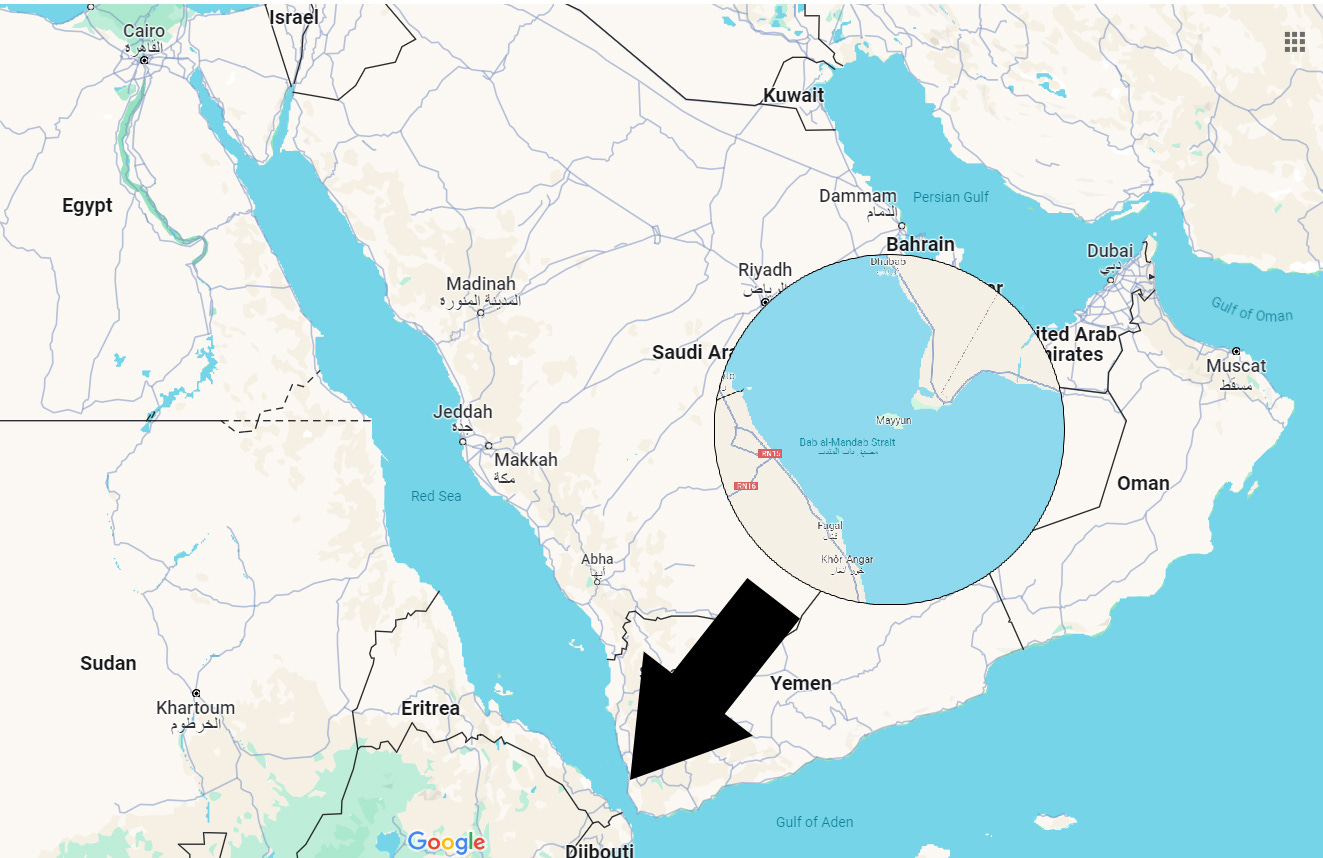Dear Reader,
In March of 2011—13 years ago this month—I found myself, through some bit of extraordinary luck, on a panel with three other novelists at the Quais du Polar literary festival in Lyon, France—a gorgeous city that looks very much like the backdrop for a piece of crime fiction.
We were there, if memory serves, to talk about strong female protagonists in crime fiction—en Anglais, thank God—but the discussion wound up deviating from the intended topic. At one point, we were asked about the utility of the novel. In a century of smart phones and dumb tweets, with attention spans shorter than ever and shrinking on the daily, what possible purpose could such an analog medium serve?
I had no ready answer for such an existential question. Writing novels was just something I did. I didn’t really think about why I did it, or whether novels still mattered, any more than the Christian zealot contemplates the existence of God. Fortunately, the French novelist Sylvie Granotier was prepared. It is exactly the analog nature of the form that makes the novel so necessary, she said. In a world of ADHD, she patiently explained—in English as fluent as my French was not—the novel, alone among the art forms, demanded more, not less, attention from its readers. Only the novel could combat the erosion of our collective ability to focus. And it accomplishes this not with car chases and explosions, but by insisting that its readers move at the deliberate pace set by the novelist.
“The power of the novel,” she said, “lies in its ability to stop time.”
A baker’s dozen of years later, Granotier’s words seem even more prescient. Life moves faster than ever: news, information, images, cultural touchstones, dashing across my phone, whirling around the gyroscope of my mind. Everything feels frenzied—a mad race to some blurry finish line, which when we reach it winds up being the starting point for yet another race. Attention spans are a casualty of the Age of Trump. If the world was ADHD in 2011, it has now tipped into straight-up chaos.
Take music, for example. Time was, there were operas. There were symphonies. Then there were musicals. Then, with the emergence of technology, albums: on vinyl, on cassette, on compact disc. With iTunes and Spotify, it was about no longer about albums but individual songs. And then, finally, thanks to TikTok and Instagram, snippets of individual songs. Just the hooks.
This new model of consuming art and music and fiction and news is not inherently worse, any more than it was inherently better when folks were happy to sit through a four-hour Shakespeare production. The difference, I think, is that a change that used to happen gradually, over many decades, has taken place in my lifetime, such that my own brain has had to adapt to fit the times. In college, I used to watch films constantly. I’d consume two or three a day, because I wanted to have seen everything. Now, I can barely sit through a two hour movie. I get bored. My mind wanders. The action on the screen cannot shout down the voice in my head warning of the futility of the whole enterprise. I hate when this happens.
So in keeping with Granotier’s advice, I have resolved, this year, to read more novels. To make a practice of focusing my mind. To, hopefully, defrag my brain. That’s what brought me, a week or two ago, to the used bookstore in town, where I picked up a copy of The Transit of Venus, by Shirley Hazzard. It called out to me from the shelf. I knew nothing about the novel beyond some vague memory of it being well regarded. Plus, it wasn’t intimidatingly long.
I’m elated to report, Dear Reader, that this was the perfect book for me to read at this moment. According to a piece I read about it after I finished, The Transit of Venus is a book that readers, and younger readers especially, abandon. This makes sense. It is, I think, a novel for grown-ups. It’s also a novel for novelists. Hazzard follows some of the standard rules of novelwriting, breaks others, and seems to invent still more. Her command of the form is evident from the opening chapter: the assurance of her voice, her confidence in the necessity of the story, her command of the language, the poetry and wisdom oozing from every paragraph. I finished it last weekend and I can’t stop thinking about it: marveling at her mastery, the rare combination of technical excellence and emotional payoff. Reading the last page, I literally gasped.
The novel is about the life of Caroline Bell, who with her sister Grace is an orphan from Sydney who made her way to England, and its intersection with the life of Ted Tice, who rose from poverty to become a respected astronomer, and of Paul Ivory, a dashing young playwright who is something of a rake. Caro is dark-haired and beautiful and aloof and brilliant and funny and impenetrable and damaged and possessed of, as Hazzard writes, “the sweetness that all longed for night and day. Some tragedy might be idly guessed at—loss or illness. She had the luminosity of those about to die.” Paul is exactly the sort of charming, attractive, naughty, successful, wealthy, and emotionally sadistic asshole that a beauty like Caro would fall for. Ted is the better, but perhaps duller, choice: steadfast, faithful, patient, loyal, but also brilliant in his own right. Around those three a cast of minor characters orbits, even the most minor written with a depth of feeling that belies their significance to the novel’s action. To Hazzard, everyone is important.
This is from a chapter in which Ted, in France on a teaching trip, is writing a letter to Caro:
Among the students, as with my colleagues here, there is often a background of poverty. There’s no charade around this as in other countries—no dissembling by the poor, no fantasy of brotherhood on the part of the affluent. I remember the university people who used to come around Ancoats in my childhood, adopting our speech and clothes to show a kindred spirit—a sentimental condescension that does damn all for poverty. Membership in the proletariat doesn’t come that cheap. What did it do for us, their guilt-edged security or the moral outrage they exchanged on their way home to their employed parents—and to their hot water and their books and music and savings-accounts, none of which they had immediate intention of sharing? What were their overalls to me, who’d have given anything to see my mother in a decent dress? In themselves, rags confer morality no more than they do disgrace.
The poor don’t want solidarity with their lot, they want it changed.
…Ted Tice got up and went to his flowering window. He sat down again at his table and looked at what he had just written: “They want change.” Even more than change, they want revenge. Men can make up soon enough with enemies who slaughtered them in battle; but never with the brethren who humiliated them in cold blood. They take reprisal on their own shame—that is what makes all hatreds, in war or class, or in love. And I too want revenge.
That sure feels relevant to MAGA USA.
Details are revealed in innovative ways. In that same letter, Ted casually mentions an American he meets at a wedding—an American he nonetheless admires. I didn’t even realize until I went back to look for that passage that said American is Adam Vail—and that is the sneaky way that Hazzard introduces a character who will play an important part in Caro’s life. By that point in the novel, we have already been told, and have probably already forgotten—especially with our short 2024 attention spans—that Tice “would take his own life before attaining the peak of his achievement. But that would occur in a northern city, and not for many years.” Thus does she give away the ending on page 12! The audacity, to do such a thing!
As a novelist, I was stunned by this unorthodox way of communicating information—impressed beyond words. It made me want to immediately write another novel, because Transit is so inspiring, and also not to bother, because how could I ever hope to produce something this good?
Here is a scene, late in the book, where Ted and Caro, having met for lunch in London, part ways. They are not lovers, and the kiss Hazzard mentions is of the European cheek-smooch variety:
A short flight of steps led up to the street. Ted watched the sway of scarlet coat at Caro’s knees as she went up. Saw two her shoes that were shiny as black glass, and thought that he had never seen her feet bare.
It was now well into the afternoon. Caro was taking the Underground. Ted went to the ticket booth with her. “Good-bye.” They kissed. He watched her red coat pass the barrier, move with the Down escalator, gliding, diminishing, descending: a rush-hour Eurydice. At the last moment she looked back, knowing he would be there.
Rush-hour Eurydice! God damn, I wish I’d written that.
Another lovely paragraph, about Caro’s younger sister:
Grace Marian Thrale, forty-three years old, stood silent in a hotel doorway in her worn blue coat and looked at the cars and the stars, with the roar of existence in her ears. And like any great poet or tragic sovereign of antiquity, cried on her Creator and wondered how long she must remain on such an earth.
Even the little throwaway sentences are astonishing. Like this: “He had the complexion, lightly webbed, of outdoor living and indoor drinking, and was a high, handsome man who might have been cruel.” Or this: “At the other end of the room the three old men discussed infirmities; exchanging symptoms in undertones as boys might speak of lust.”
And the effortless world-wisdom:
Caro told Una, “Josie’s belief in her innocence is her warrant for doing harm.”
Una said, “Like America.”
In astronomy, the transit of Venus is when Venus passes in front of the sun. This is mentioned early in the book: it was during a scientific voyage in the Pacific to follow the 1769 transit of Venus that led James Cook to Australia, where Caro was born. In astrology, the term has a slightly different meaning. As the indispensable Robert Hand explains in Planets in Transit:
A transit occurs whenever a planet, moving in its orbit during your lifetime, forms an aspect to a planet, the Sun, Moon, or any of the house cusps in your natal horoscope. Also, whenever a planet passes through the part of the zodiac occupied by a house in your natal chart, we say that planet is transiting the house.
If Caro is Venus—she is a kind of love goddess to the men who adore her, and she certainly moves around a lot—the first few chapters find her literally transiting a different house, a new house: Peverel, the stately manse of the wonderfully-named old astronomer Sefton Thrale. And it is in that house where the characters in the novel first converge—or, to use astrological terms, go conjunct. This happens during a sudden weather event that disrupts the order of things, bringing a waterlogged Tice to the Thrale door, where he first sees Caro, at the top of the stairs, on the pedestal on which he will always place her. We find out at the end that, in this great conjunction, there is also a hidden planet, with Plutonic power: a destructive force, vaguely criminal—malefic, as Robert Hand might say.
Having finished the book, I wanted nothing more than to go back to the beginning and read it again: more slowly this time, now that I needn’t worry about the plot—the better to savor every paragraph, every sentence, every word of this masterpiece: to stop time.
The Transit of Venus is not a novel I want to let go of. As Hazzard points out, “In thoughts, one keeps a reserve of hope, in spite of everything. You cannot say good-bye in imagination. That is something you can only do in actuality, in the flesh.”
ICYMI
Our guest on The Five 8 was Kathryn Cramer Brownell:
Photo credit: Etienne Marais.
Every post at PREVAIL is free to read and always will be. No paywalls, ever. Your generous support keeps it that way. Thank you!





